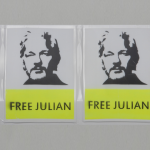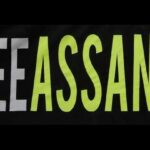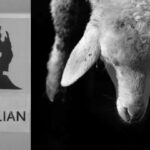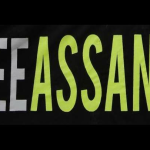Senate Probe Reveals that Albanese is Not Taking Action on Assange
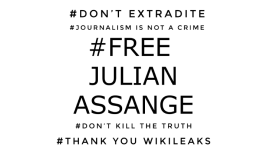
Award-winning Australian journalist and truth-teller Julian Assange has been remanded in custody on behalf of the United States in London’s notorious Belmarsh Prison for three years now.
The UK’s treatment of the Wikileaks founder inside has been deemed torture by the UN and likened to “slow-motion murder” by his brother.
With the coming of the Albanese government in May, Assange’s numerous supporters were hopeful that it would act to bring about the end to the extralegal proceedings against an Australian son.
Indeed, the new prime minister said “enough is enough” in relation to the WikiLeaks founder’s case in February 2021, and Albanese was one of only 36 parliamentarians to sign a petition calling for Julian to be brought back to Australia in 2019.
In response to a question about what his government was doing about Assange at a 31 May press conference, Albanese stated, “My position is that not all foreign affairs is best done with the loud hailer.”
However, during question time on 4 August, Greens Senator David Shoebridge asked Labor’s Don Farrell what his government’s “quiet diplomacy” in relation to Assange consists of, and the response suggested that it basically amounts to nothing.
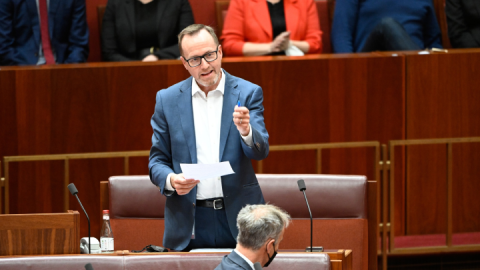
Sitting on its hands
“What exactly is the government doing to secure the release of this Australian citizen, journalist and whistleblower?” asked Shoebridge.
Farrell responded that the government was still of the view that the Assange proceedings have gone on too long and “should now be brought to a close”.
“But”, the Labor senator added, it was “worth noting” that the case was being carried out between the US and the UK, “a legal system we respect”.
“Our government, I’m advised, cannot intervene in the legal matters of another country, just as we wouldn’t want those countries to intervene in our legal process,” Farrell went on. “We will continue to monitor the case closely and we continue to seek assurances”.
This response would seem to imply that over June and July, while Assange supporters were speculating about what sort of urgency the new PM was bringing to the circumstances an Australian is being subject to at the hands of two of our nation’s closest allies, no direct action was being taken.
A further question from Shoebridge regarding why Albanese hadn’t met with Julian’s father, John Shipton, and brother, Gabriel, resulted in Farrell, who was representing the PM, not answering directly, but rather stating that he’d met with his father, and extended consular support.
Given this response, it now seems that besides having made it clear that Assange’s case has “dragged on for too long”, the Albanese government’s approach isn’t that different from former PM Scott Morrison’s, which involved consular assistance provided with “no special treatment”.
Thrown to the dogs
“The answers given today by Senator Farrell on behalf of the prime minister lead to some very disturbing conclusions,” Shoebridge addressed the chamber later during the session.
“The most disturbing conclusion is that it appears quiet diplomacy, at least so far as Senator Farrell has been briefed, amounts to very little, if any, diplomacy.”
The Greens justice spokesperson added that the “troubling conclusion” that follows is that the Labor government will do nothing to attempt to prevent Assange’s extradition, or his subsequent prosecution and conviction in the US on espionage charges carrying 175 years behind bars.
Right now, Julian’s legal team are preparing for one final appeal to the UK High Court against its decision to greenlight extradition.
Doctors for Assange warn he may die in prison due to failing health, while veteran journalist John Pilger recently said he and the Townsville-born man’s family expect that if the WikiLeaks’s founder is sent to the US, it will mark his end.
“The US seeks Julian’s extradition from the UK, and, in that process itself, Julian’s rights have been abused,” Shoebridge underscored. “He’s now been held for three years in maximum security in Belmarsh Prison and, if convicted, faces effectively a death sentence.”



